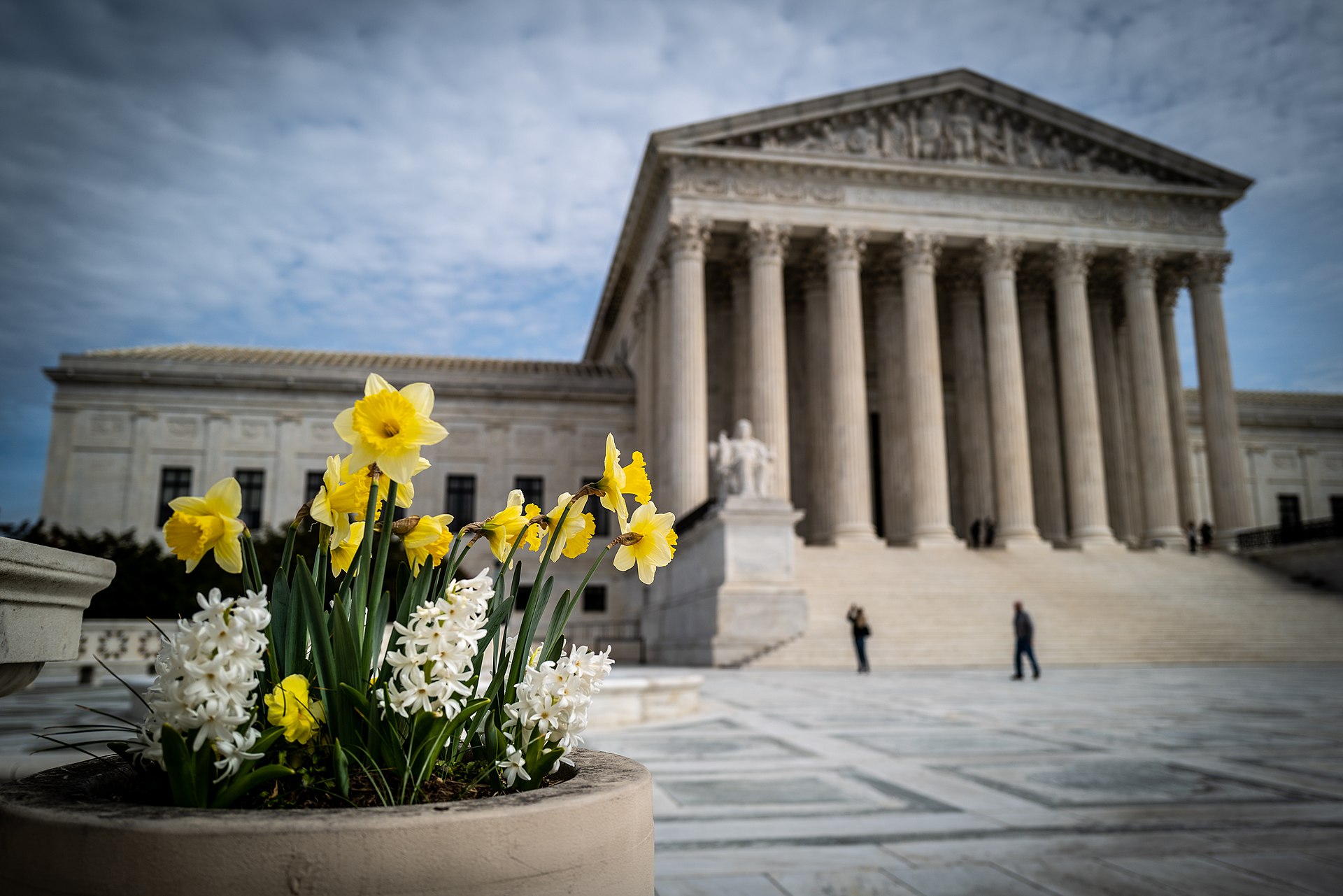On July 10, the Consumer Financial Protection Bureau (CFPB) published a rule in the Federal Register ratifying several prior actions taken between 2012 and 2020. The rule came in the wake of the U.S. Supreme Court ruling in Seila Law that the agency's structure was unconstitutional.
The new CFPB rule states that court precedent allows agencies to ratify previous agency actions to remove any residual problems that come from potential defects in those actions (in this case, actions approved by an agency leader who was not subject to sufficient presidential control). The CFPB wrote, “The Bureau is issuing this ratification out of an abundance of caution, and this ratification is not a statement that the Ratified Actions would have been invalid absent this ratification.”
The rule also claims that courts do not require agencies ratifying previous actions to repeat the entire administrative process. That means courts have not required agencies to follow the notice-and-comment rulemaking procedures found in the federal Administrative Procedure Act (APA) to ratify previous actions. The CFPB wrote that it issued this ratification rule because “uncertainty could have had a deleterious effect on the ongoing operations of the affected markets, given the significant role of the Ratified Actions in these markets. This authoritative ratification resolves that uncertainty.”
In Seila Law, the court ruled 5-4 that restrictions on the president's ability to remove the agency's leader violated separation of powers principles by limiting presidential control of executive power. The decision only affected part of the agency's structure without eliminating the agency altogether.



